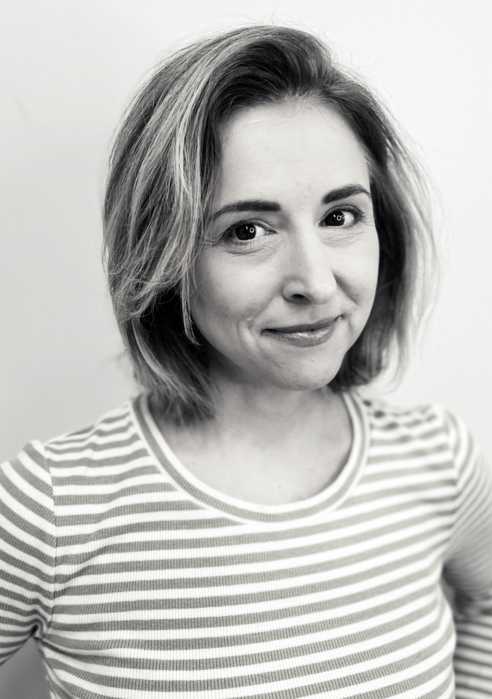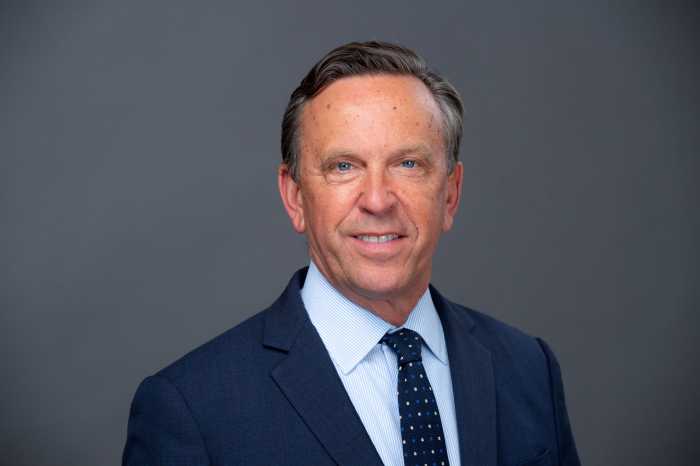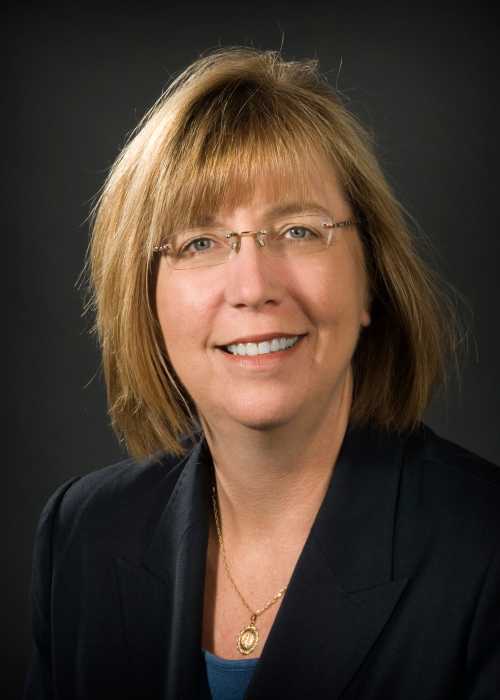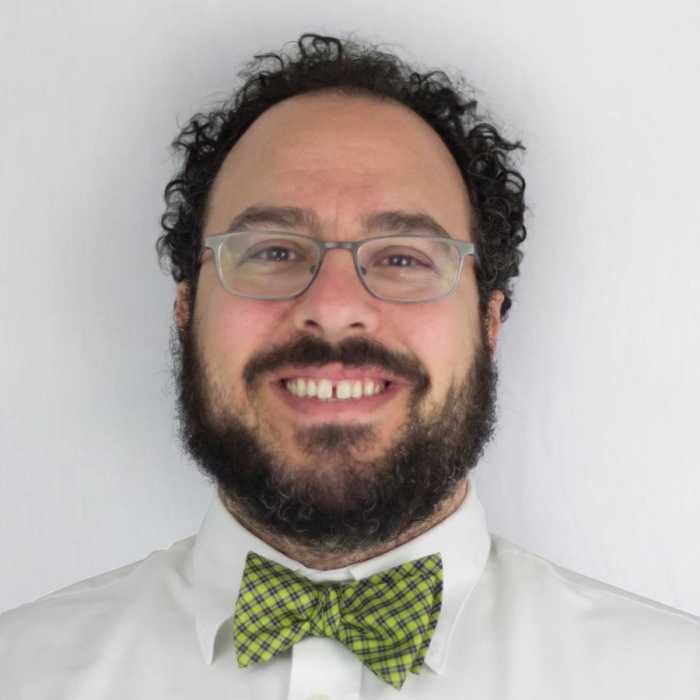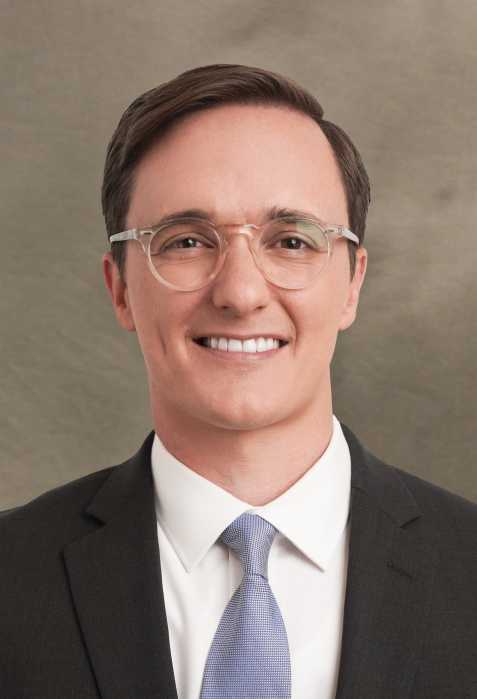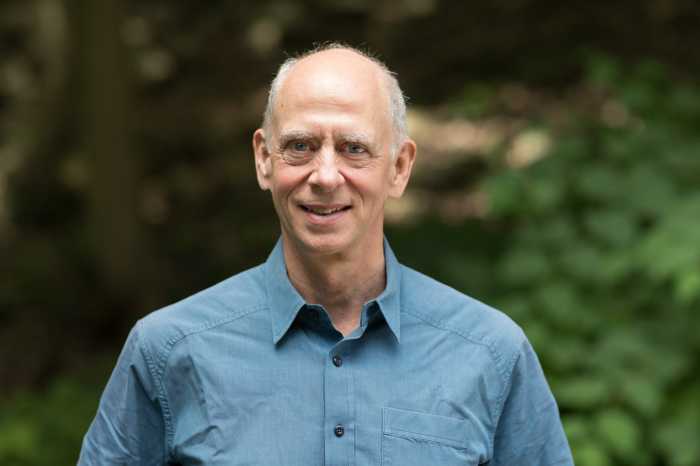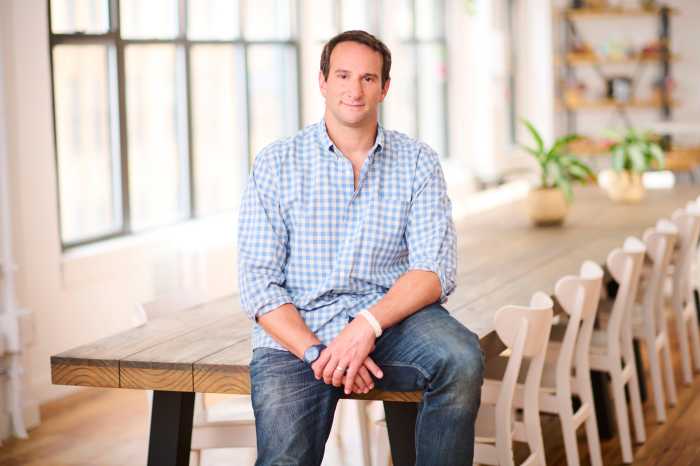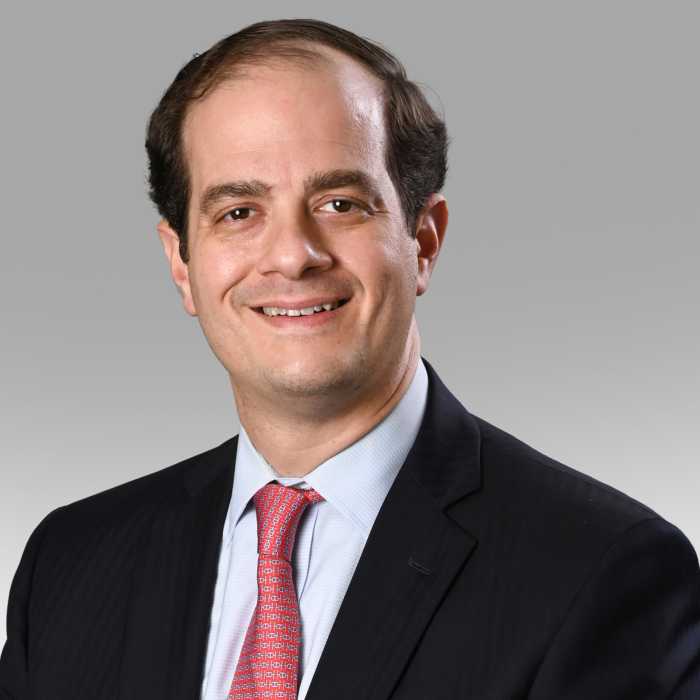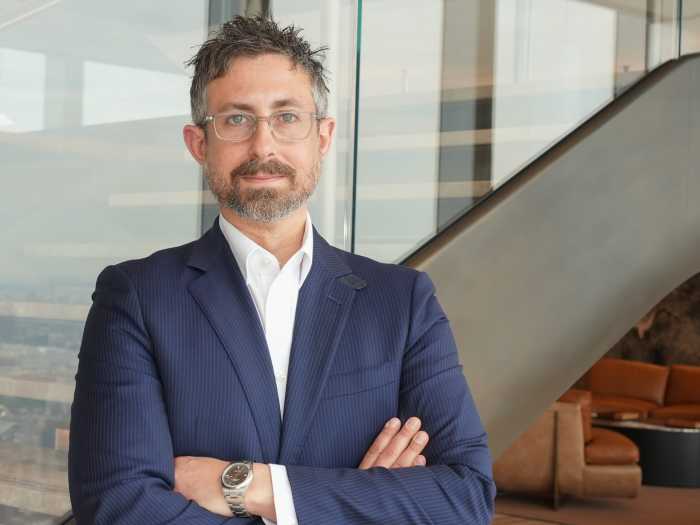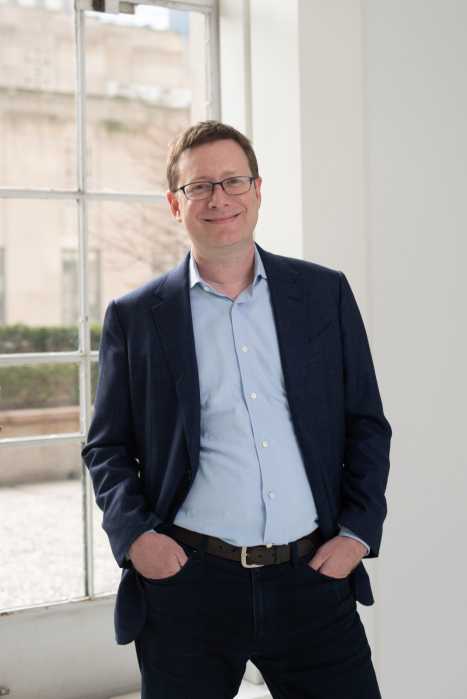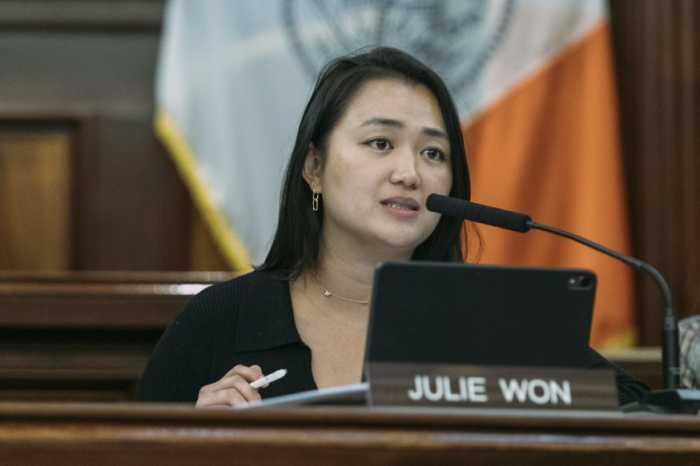Kate recently joined NRDC as a senior attorney working on a range of environmental and health issues, including working to get toxic chemicals out of consumer products and solve our solid waste and plastics crisis. Previously, she served as the deputy director of Environmental Advocates NY, a leading non-profit fighting for a safe climate, clean water and healthier communities. Kate has a B.A. from Skidmore College, MPA from Columbia University, and J.D. from Pace University.
What does sustainability mean to you?
For me the term sustainability has become so generic that it doesn’t serve the purpose of moving us far enough, nor fast enough, to confront the environmental challenges of today. In my opinion, the overuse of the term has led to a tremendous amount of greenwashing and incremental thinking. We are at a moment in time where racial shifts in behavior and process thinking are required for the health of our planet and future generations.
Is there one major climate issue your organization is looking to tackle?
Addressing climate change is a north star for NRDC, but tackling it is so very complex and multifaceted. The environmental community’s focus, rightfully so, has been on addressing carbon emissions from major sources, like electricity generation and transportation. While these efforts are of critical importance, the plastic industry is lurking in the background undercutting our progress in addressing irreversible climate damage with the proliferation and incineration of plastics, and we must prioritize fighting that threat.
What is one thing everyone can do to help protect the environment?
It might seem like a trite saying, but I believe “think globally, act locally” is an important mantra to help protect the planet. I know people can become overwhelmed with the enormity of the environmental issues we are facing and can feel discouraged. But we can’t stop believing that our individual behavior (how we spend our money), what we teach our children, and how we show up for what is right and just matters deeply.
What steps are your organization taking to ensure a sustainable future?
While only being at NRDC for a short period, I know we are using our global organizational power to fight the most pressing environmental issues and support communities. I’m proud to align myself with non-profit organizations that support disadvantaged and environmental justice communities and embrace the commitment that a sustainable future and climate justice does not happen without an intersectional approach to environmentalism.


